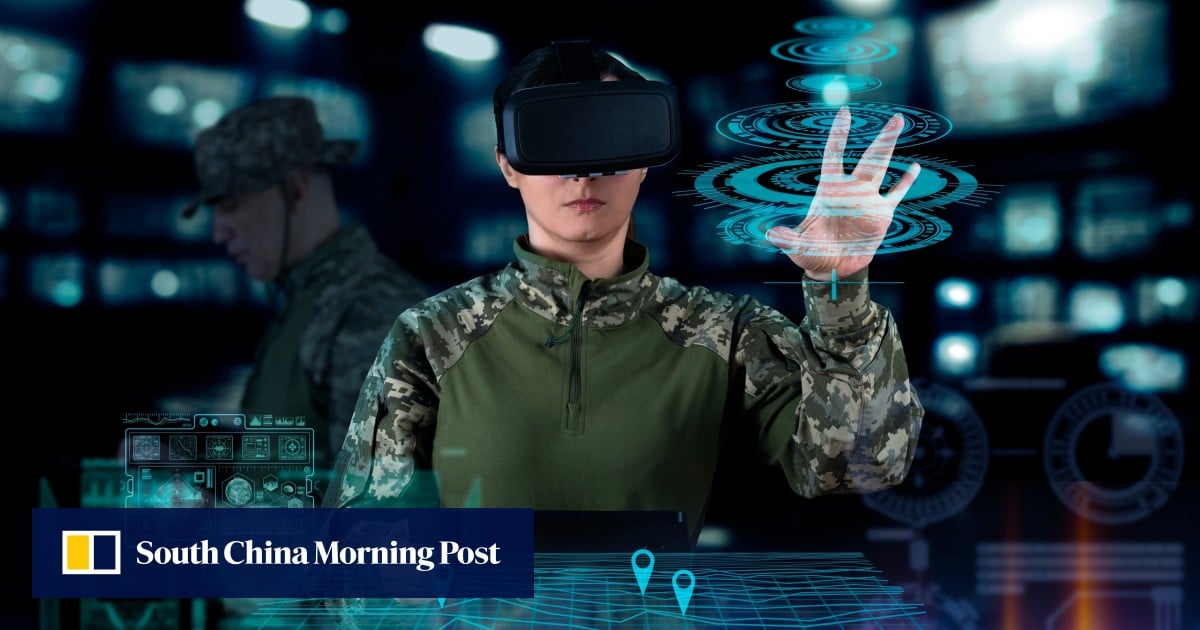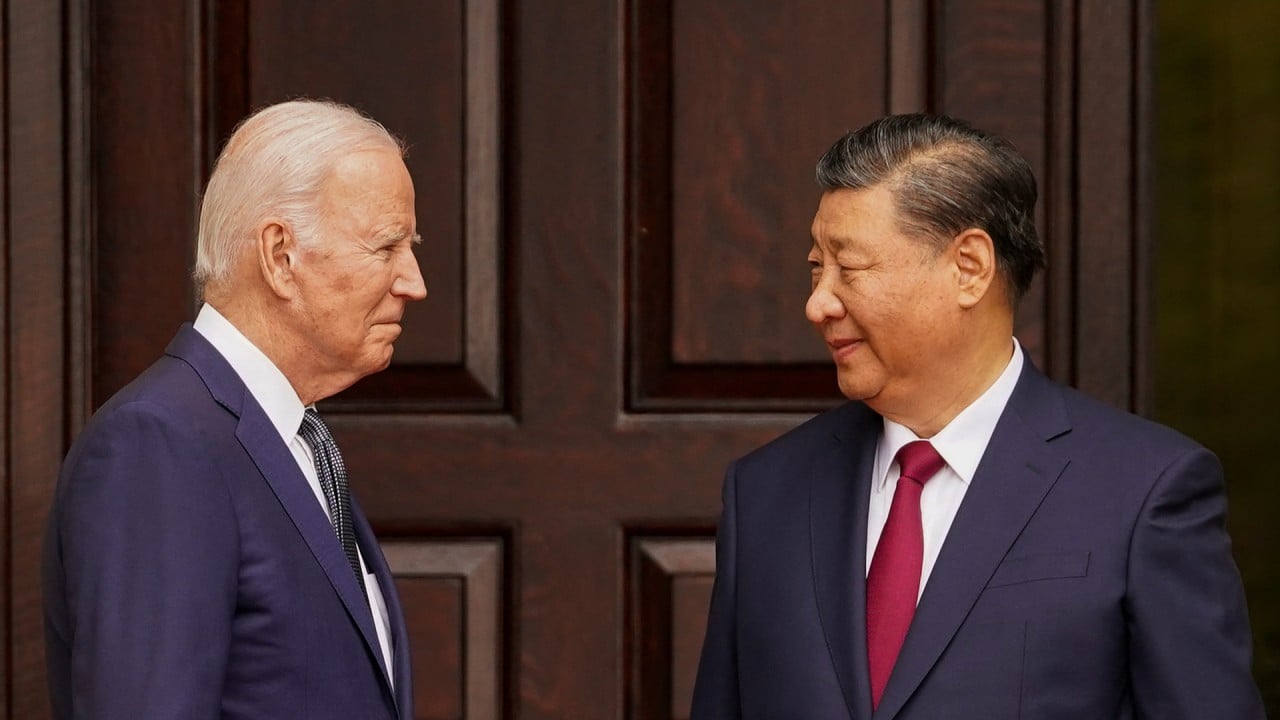This groundbreaking research project was publicly revealed in May in a peer-reviewed paper published in the Chinese-language journal Common Control & Simulation. The team, led by senior engineer Jia Chenxing, said AI technology held both potential and risk in military applications, yet this project offered a “viable” solution to the growing conundrum.
In China, the military must strictly abide by this principle: “The Party commands the gun.” Only the Central Military Commission of the Communist Party of China has the authority to mobilise the PLA.
Campaign-level military simulations often require the participation of human commanders to make on-the-spot decisions in response to unexpected events. But the number of senior PLA commanders and their availability is very limited, making it impossible for them to participate in a large number of war simulations.
“The current joint operations simulation system suffers from poor simulation experiment results due to the lack of command entities at the joint battle level,” the researchers said.
The AI commander can stand in for human commanders when they cannot participate in a large-scale virtual battle or exercise command authority. Within the boundary of the laboratory, it can freely exercise this power without any interference from humans.
On the other hand, General Lin Biao, renowned for his triumphs against the Japanese and Kuomintang armies, shunned risk and boasted a meticulous decision-making style similar to that of Britain’s Field Marshal Bernard Law Montgomery.
Jia’s team said that the initial setting of the AI commander mirrored a seasoned and brilliant strategist, “possessing sound mental faculties, a poised and steadfast character, capable of analysing and judging situations with calmness, devoid of emotional or impulsive decisions, and swift in devising practical plans by recalling similar decision-making scenarios from memory”.
However, this setting is not set in stone.
“The virtual commander’s personality can be fine-tuned if deemed necessary,” they added.
Under immense pressure, humans “struggle to formulate a fully rational decision-making framework under stringent timelines,” Jia’s team said.
Instead of using pure analysis, the AI commander relies more on empirical knowledge for its combat decisions, seeking satisfactory solutions, retrieving similar scenarios from memory and quickly formulating a viable plan.
However, humans are also forgetful. To simulate this important weakness, the scientists have also imposed a size limit on the AI commander’s decision-making knowledge base. When the memory reaches the limit, some knowledge units will be dumped.
All these happen without any human intervention, “boasting advantages including ease of implementation, high efficiency and support for repeated experimentation,” Jia’s team said.
Countries worldwide are locked in a race in AI military applications, with China and the United States leading the charge.



.jpg?itok=uZeCoEdY)